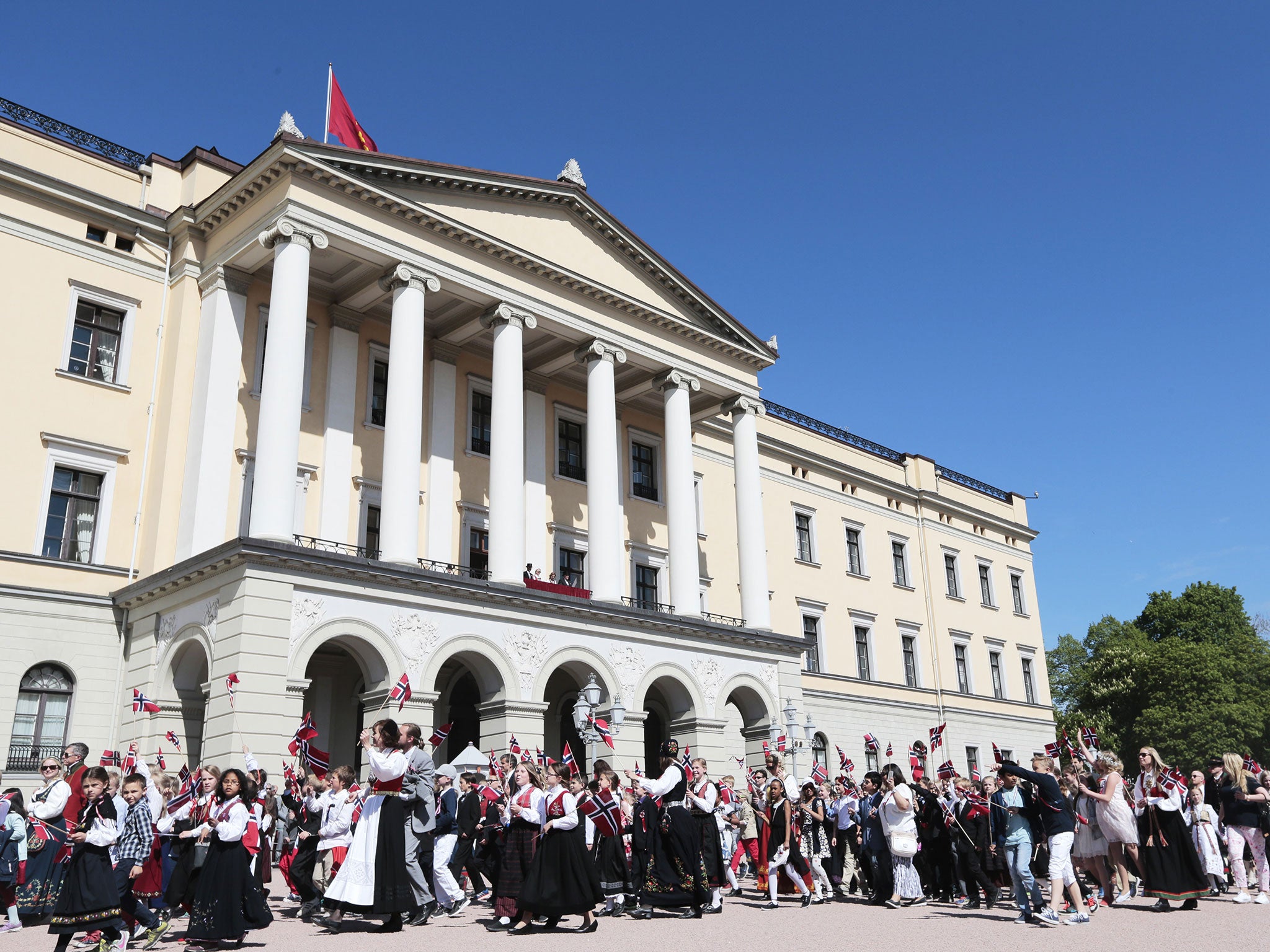The most prosperous countries in the world revealed - but should Norway really be top?
The country's employment statistics appear to hide a dark secret, which could have seen it knocked off top place

Your support helps us to tell the story
From reproductive rights to climate change to Big Tech, The Independent is on the ground when the story is developing. Whether it's investigating the financials of Elon Musk's pro-Trump PAC or producing our latest documentary, 'The A Word', which shines a light on the American women fighting for reproductive rights, we know how important it is to parse out the facts from the messaging.
At such a critical moment in US history, we need reporters on the ground. Your donation allows us to keep sending journalists to speak to both sides of the story.
The Independent is trusted by Americans across the entire political spectrum. And unlike many other quality news outlets, we choose not to lock Americans out of our reporting and analysis with paywalls. We believe quality journalism should be available to everyone, paid for by those who can afford it.
Your support makes all the difference.Norway has been named as the most prosperous country in the world for the seventh year running, according to a new report.
The 2015 Prosperity Index found that the Scandinavian nation ranked highest out of 142 countries based on its performance across eight criteria, including economy, education, personal freedom and health.
Switzerland ranked second, brought down by a weaker score for its education system, while Denmark came third overall despite ranking 16th for its healthcare.
The US came 11th overall, while the UK dropped two places since 2014 into 15th. The top economy in the world – Singapore – slipped to 17th because of weak scores for personal freedoms and social cohesion.
The index, which has provided a ranking of the relative “success” of countries since 2009, praises Norway for the strength of its “social capital”, personal freedoms and health system.
But the country has fallen down on its economy from first place in 2013 to fourth this year – and the index’s authors suggested the way it reports unemployment figures could be masking deeper problems.
Nathan Gamester, a spokesman for the Legatum Institute which produces the index every year, said researchers came across something strange when digging down into Norway’s labour statistics.
He said Norway ranks a large swathe of its long-term unemployed as qualifying for either a disability pension or early retirement – increasingly even in cases involving people aged 20-24.
It means Norway’s official unemployment level – already struggling compared to its neighbours since the 2008 global crash – is artificially low.
Should Norway really be top?
“We look into these data all the time, so this really took us by surprise,” Mr Gamester said. “We’ve always been very positive about Norway, so when this year we found they had slipped down in the economy category we decided to look a bit further.
“The higher official [unemployment] rates don’t even tell the whole story – so it’s sort of a double whammy.”
The index features an essay from the London-based free market economist Nima Samandaji, who said “much of the true level of unemployment is hidden in the system”. He compared Norway’s response to the financial crisis to Sweden, which has improved its employment rate since 2008.
“We include unemployment as an important part of the economy index, so if true statistics were available for Norway it would fall down,” Mr Gamester said.
“It would depend on other countries because it’s a relative ranking, but a worse score could have knocked Norway off the top spot.”
What about Britain?
The UK achieved its best score in the “entrepreneurship” index, showing Britain is one of the best places in the world to start a business.
It also jumped from 28th to 19th on the economy, which Mr Gamester suggested shows the Government’s focus on its “long term economic plan” was working.
But it has come at a cost to education, where Britain slipped from 20th to 25th, and personal freedoms, where the UK slipped out of the top 10.
Mr Gamester said: “We’ve seen a big increase in employment in Britain among people in the poorest fifth of society.
“But the benefit of an index like this is that you can look across the board. The Government can see that relative to its peers, the UK is falling behind.”
Mr Gamester said the index was designed with the goal of “redefining what it means for a country to be successful”.
“Look at China – it ranks down in 52nd overall. It does very well on its economy but comes 120th for personal freedoms. It’s the same situation with Saudi Arabia – and we would say you have to look at these types of things if you are talking about how successful countries are.”
Join our commenting forum
Join thought-provoking conversations, follow other Independent readers and see their replies
Comments